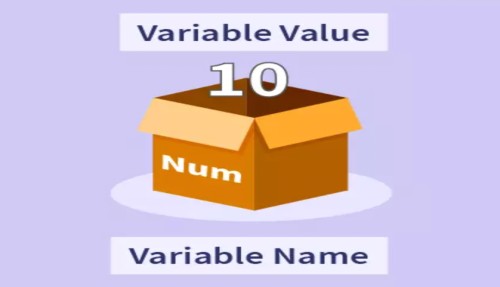A variable in a programming language is a named container used to store a value; similar to a variable in mathematics. The value stored in the container can be changed or manipulated depending on the code. In programming, variables are often declared before they can be used, and must always include a type of data that it is allowed to contain (ex. boolean, string, integer). A variable can also be assigned values using an operator such as =, +=, or -=.
Variables are essential in programming, as without them, code would not be able to properly manipulate data. It can be used to assign values to calculations, store information from user input, keep track of scores in a game, create counters for looping structures, and much more. Variables make programming more efficient and simpler, as complex operations can be split up into multiple parts using different variables.
When writing code, it is important to use variables to make sure the program runs correctly. Variables allow programmers to easily keep track of information, making programs easier to debug and maintain. They also make the code easier to read and understand, as well-defined variables provide a self-documenting way of labeling and referring to data within a program.




